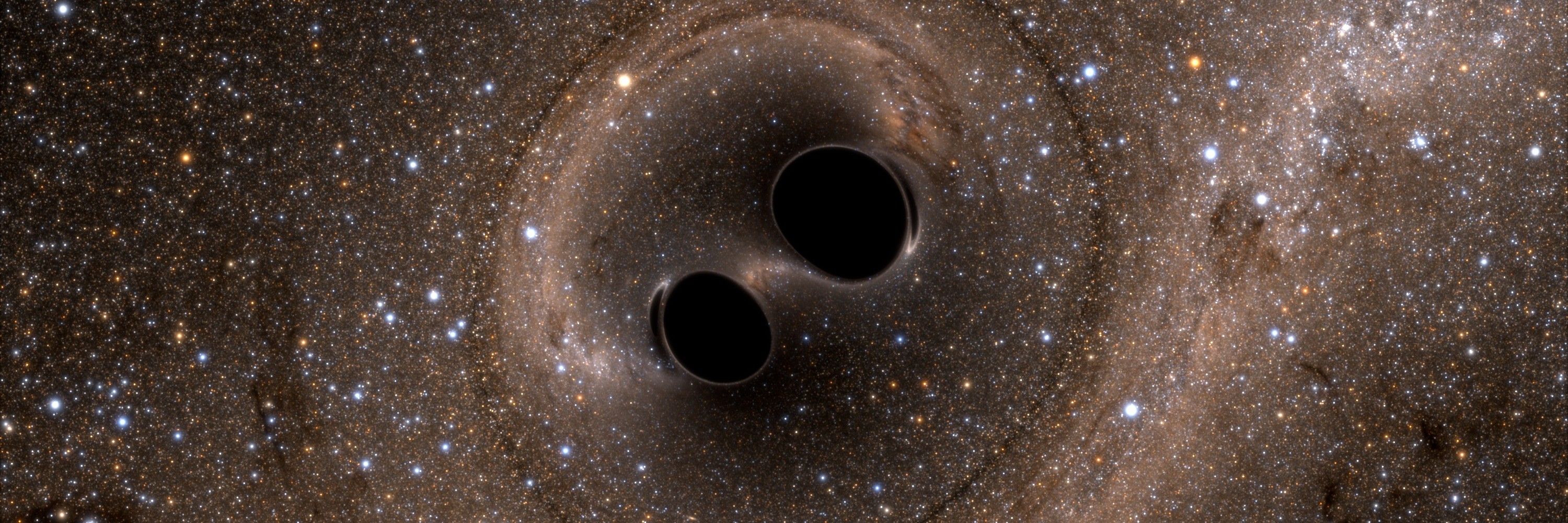
SXS = Simulating eXtreme Spacetimes
🌐 https://www.black-holes.org/
⚛️🧪🔭
⚛️🧪🔭
www.youtube.com/watch?v=3B6W...
🎬I Markin/T Dietrich/H Pfeiffer
#GWTC4 🔭🧪⚛️☄️🐚

www.youtube.com/watch?v=3B6W...
🎬I Markin/T Dietrich/H Pfeiffer
#GWTC4 🔭🧪⚛️☄️🐚
13/13

13/13
12/13
12/13
11/13
11/13
10/13
10/13
9/13
9/13
8/13
8/13
7/13
7/13
6/13

6/13
5/13
5/13
4/13
4/13
3/13

3/13
2/13

2/13

